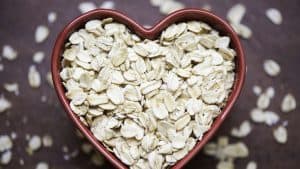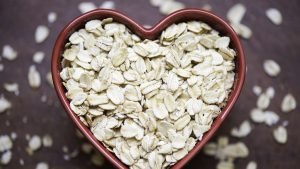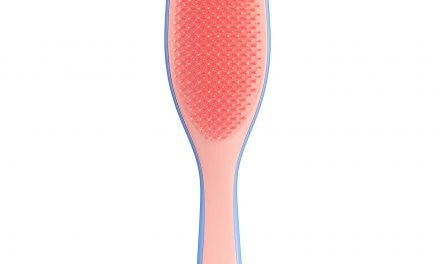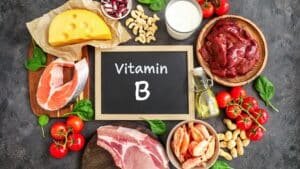
For millions of Americans, taking statins – medications like Lipitor and Crestor – to lower cholesterol has become the norm. However, these drugs, while they work, can come with significant side effects.
Although most people tolerate the medications just fine, statins can cause body achiness, brain fog, liver function abnormalities and even increase the risk of diabetes. Plus, they don’t address why your cholesterol is high in the first place.
Luckily, there is another way to lower your cholesterol – without the side effects. Decreasing your LDL (bad) cholesterol levels can be accomplished with a nutritious and balanced diet.
Since all or part of cholesterol abnormalities can be traced back to the foods we eat, making better food choices must be part of the management plan – regardless of whether you already take statins or not.
The effects of a healthy diet can be profound. For example, switching to an entirely vegan diet high in fiber, healthy fats, antioxidants and plant sterols has been shown to reduce LDL cholesterol by 30% – in just 2 weeks! That’s a statin-level cholesterol response.
Now, switching over to a highly regimented vegan diet might not be realistic, but you can still benefit from a few simple modifications.
Here are five foods that are easy to add in and can help lower your cholesterol naturally:
Oatmeal
Oatmeal is full of soluble fiber. This type of fiber binds cholesterol in the digestive system, preventing its absorption. The net effect is lower LDL levels and lower heart disease risk.
Nuts
Nuts not only contain fiber, but also contain the good fats, monounsaturated and polyunsaturated, which help lower triglyceride levels, increase HDL (good) cholesterol, and help lower LDL.
In addition, nuts have positive effects on blood vessel function, and regular nut consumption is associated with a markedly lower risk of dying from heart disease.
Foods That Contain Plant Sterols
Plant sterols are substances that are naturally found in fruits, vegetables, whole grains, legumes, nuts and seeds. Plant sterols block cholesterol absorption in the intestines, helping to keep your LDL levels low. In fact, getting just two grams of plant sterols, a day can lower your LDL levels by about 10%.
Dark Chocolate
Dark chocolate contains flavonoids and antioxidants, which help reduce the toxicity of any LDL that is around. For LDL to be incorporated into blood vessel walls, it has to be oxidized first. Having lots of antioxidants around reduces that likelihood.
Oleic acid, a heart-healthy monounsaturated fat that is found in olive oil, is also found in dark chocolate and helps lower cholesterol, too. A few important points: milk chocolate does not have the same effects. You should be looking for at least 70% cacao content chocolate.
And if you’re including dark chocolate in your diet to lower your cholesterol, make sure you don’t overdo it. Just 1 ounce a day is all you need to make an impact on your cholesterol.
Red Wine
No, it’s not food, but red wine can help improve your cholesterol profile. Red wine contains resveratrol, a substance found in red grape skin, which helps lower LDL cholesterol and reduce the risk of blood clots.
Regular alcohol consumption has also been shown to raise HDL. However, much like with dark chocolate, you don’t need much to see a benefit and overdoing it can be counterproductive. Just one serving of wine – that’s 5 ounces – is all you need.
In Conclusion
You don’t have to rely solely on medications to lower your cholesterol – nor should you. A nutritious and balanced diet that is rich in whole grains, nuts, seeds, fruits and vegetables, which all contain fiber, antioxidants, healthy fats and plant sterols, can help decrease your LDL levels.
To see even greater results in lowering your cholesterol, incorporate regular exercise into your routine. Exercise is not only great for lowering your cholesterol – it also plays a central role in keeping your heart healthy.
If you are using food to lower your cholesterol, you should approach your efforts just as if you were using a medication.
‘Take’ your cholesterol lowering foods every day. And follow-up with blood tests to measure how your efforts are working. Even small dietary changes can yield objective cholesterol improvements in as little as 30 days.
Are you on medications to lower your cholesterol? Would you be willing to try to lower your cholesterol naturally? If you’re hesitant to try things the natural way, why? Please share your thoughts in the comments below.





